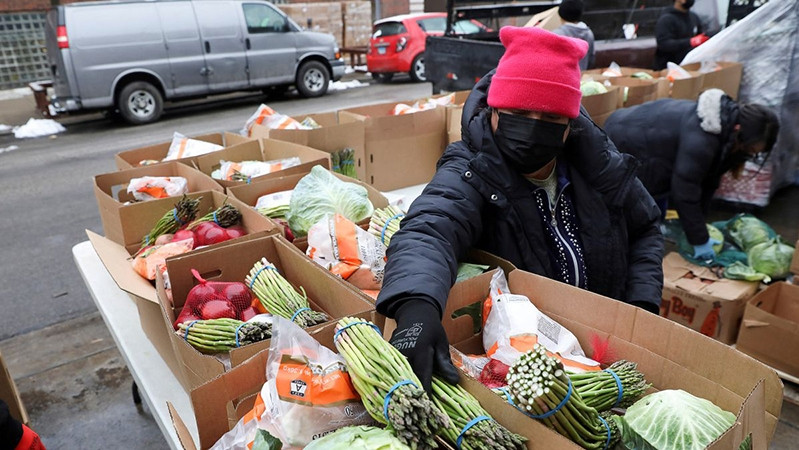The conference aims to seek a common solution to major challenges of the region, as Latin America and the Caribbean are regarded as holding the key to global food security.
Latin America and the Caribbean produce enough food for about 1.3 billion people, meeting the demand of 16.6% of the world’s population. According to an FAO estimate, the region must have the capacity to support another 300 million people in the next 28 years to maintain its contribution to global food security. It is a great responsibility for about 22 million farmers and fishermen throughout the region, the majority of which are small and medium households.
With the presence of agriculture ministers from all 33 countries in the region, the conference in the Ecuadorean capital of Quito discussed a wide range of hot issues including food security, the impacts of climate change and the COVID-19 pandemic within the region.
The FAO Strategic Framework for 2022-2031 in Latin America and the Caribbean will also be decided at the conference. The main purpose of the conference is to support countries in working towards more effective, inclusive and sustainable agri-food systems, as the region is facing great challenges in ensuring food security.
The conflict in Ukraine is threatening to destroy the achievements recorded in the effort to ensure food supply for hundreds of millions of vulnerable people throughout the world.
The impacts of the Ukraine crisis on global food supply and prices are mounting pressure on Latin America and the Caribbean. According to the FAO Director-General, Latin America and the Caribbean are facing a complex situation due to less-than-expected economic recovery.
FAO data showed that in 2020, 267 million out of Latin America and the Caribbean’s total population of 650 million were living with food insecurity, up 60 million from a year earlier. Nearly 60 million faced a constant food shortage. Half of the rural population lived in poverty and 25% were in extreme poverty.
FAO stated that the region needs to move towards more efficient, more inclusive, more resilient and more sustainable agri-food systems following the conditions and priorities of each country. The current crisis is forecast not to be the final one and Latin America, as well as the rest of the world, needs to have a long-term vision, and determine a new development path for the agri-food system.
Experts said the key to transformation is the renovation, from science-technology and digitalisation to institutional reform and administration system. If changes are not made, efforts to enhance food security are only patches for current loopholes and countries will not be ready for future crises.
















